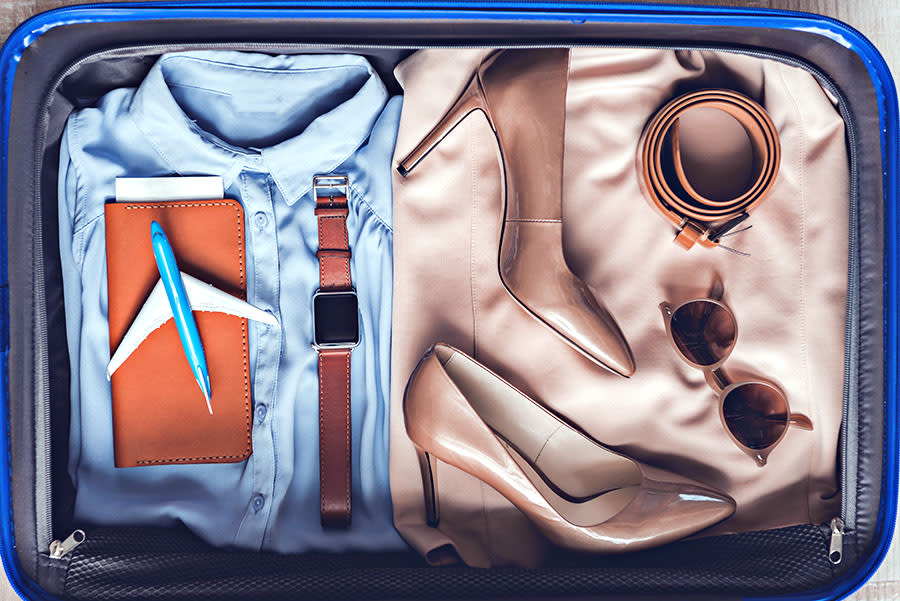Baggage Allowance: A Comprehensive Guide
Baggage allowance is a crucial aspect of travel that often varies between airlines and travel classes.
Understanding baggage allowances can help travelers plan their trips effectively, avoid extra charges, and ensure a smooth travel experience.
This comprehensive guide will cover everything you need to know about baggage allowance, including what it is, how it varies, and tips to maximize your allowance.
What is Baggage Allowance?
Baggage allowance refers to the specific weight, size, or number of bags a traveler is permitted without incurring additional charges. It encompasses both carry-on and checked baggage allowances set by airlines. Understanding your baggage allowance is essential to avoid unexpected fees at the airport.
Types of Baggage Allowance
Baggage allowances can vary based on several factors, including airline policies, travel class, destination, and frequent flyer status. Here are the common types of baggage allowances:
Carry-On Baggage Allowance
- Passengers are allowed to carry a certain number of bags into the cabin.
- Allowances typically come with restrictions on size and weight.
- Passengers are often restricted to one carry-on bag and one personal item per passenger.
Note: A personal item is a small bag or item — like a purse, backpack, or laptop bag — that passengers are permitted to bring onboard and is usually stored under the seat in front of you. On some low-cost carriers, a personal item is the only bag allowed without incurring additional fees.
Checked Baggage Allowance
- Checked baggage refers to luggage that is stored in the aircraft’s cargo hold.
- Allowances are usually based on weight, number of bags, or both.
- Economy class passengers may have fewer allowances compared to premium or business class passengers.
- Allowances vary from airline to airline and are often determined by fare class.
Excess Baggage
- Any baggage that exceeds the permitted allowance is considered excess baggage.
- Airlines charge additional fees for excess baggage.
- Fees for excess baggage can be quite high, making it important to adhere to the allowance.
Factors Affecting Baggage Allowance
Several factors influence the baggage allowance you are entitled to:
- Airline Policies: Each airline sets its own baggage rules and allowances, so they can vary significantly.
- Travel Class: Passengers flying in premium cabins often enjoy higher baggage allowances compared to economy class passengers.
- Frequent Flyer Status: Members of airline loyalty programs may receive additional baggage benefits.
- Destination: Baggage allowances may differ based on international or domestic flights and the specific route.
- Ticket Type: Basic economy fares may have more restrictive baggage policies compared to standard economy tickets.

Tips to Maximize Your Baggage Allowance
Maximizing your baggage allowance can help you avoid excess baggage fees and make the most of your travel experience. Here are some tips:
- Pack Light: Travel with only what you need to avoid exceeding weight limits.
- Think in Layers: Learn to layer clothing and you’ll be able to create outfit combinations that you can mix and match for any climate or occasion.
- Wear Bulky Items: Wear coats, boots, or hats while traveling to save space in your luggage.
- Use Packing Cubes: Packing cubes help compress clothing and maximize space in your luggage.
- Consider Upgrades: Upgrading your ticket to a higher class may offer increased baggage allowances.
- Prepay for Baggage: Many airlines offer the option to prepay for additional baggage allowance at a discounted rate.
- Join Loyalty Programs: Frequent flyers can benefit from higher baggage allowances and other perks by joining airline loyalty programs.
Read More: What to Pack for a Business Trip
Always check with your airline for the most up-to-date baggage policies before you fly.
Whether traveling for business or pleasure, baggage allowance is an important aspect of travel that can impact your journey and budget. By understanding your baggage allowance and following these tips, you can pack smarter, avoid extra fees, and ensure a stress-free travel experience.
Frequently Asked Questions
Read now